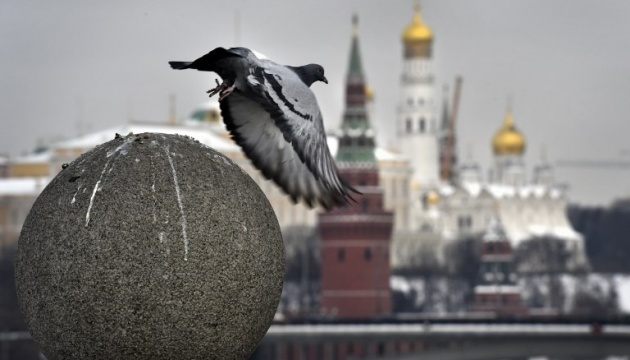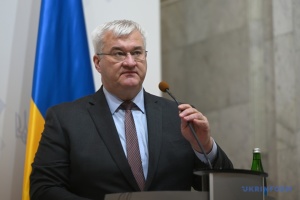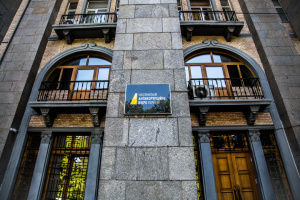
Russia hopes to regain influence in Baltic states - strategic plans until 2030 published
According to Ukrinform, the Dossier Center prepared this material in cooperation with Delfi Estonia, Re:Baltica, LRT, Expressen, NDR (Norddeutscher Rundfunk), Frontstory.pl, Süddeutsche Zeitung, VSquare, WDR (Westdeutscher Rundfunk), and Yahoo News.
The documents, in particular, show that Russian officials fear Estonia's involvement in the development of Finno-Ugric separatism, the freezing of Russian assets in Latvia, and the installation of NATO air defense systems in Lithuania.
The Kremlin's analyzed document is titled "Strategic Goals of the Russian Federation in the Estonian, Latvian and Lithuanian Directions." It was developed in the Department of Border Relations of the Presidential Administration of the Russian Federation with the assistance of the special services (the same department prepared a strategy for the absorption of Belarus until 2030 and interference in the politics of Moldova, analyzed and published by the same publication).
Separate strategies have been developed for each of the three countries, but some of the key tasks coincide. These include, in particular, restoring relations between Russia and the Baltic states; forming a soft power network of organizations that advocate cooperation with Russia; preventing the "militarization of the countries" and the creation of new NATO bases on their territory; recruiting Baltic businessmen with promises to open the Russian market to them; preserving "common historical memory and Soviet monuments"; fighting "discrimination against the Russian-speaking population" and preserving education in the Russian language.
The Kremlin considered the biggest current problem in the region to be the withdrawal of countries from BRELL, the electric ring of Belarus, Russia, Estonia, Latvia and Lithuania (an agreement on the synchronous operation of energy systems at a single frequency). For Russia, it is strategically important because of the exclave of Kaliningrad.
In 2017, the Baltic states decided that they would withdraw from this agreement by 2025. This will lead to the desynchronization of the Kaliningrad region's power system. (The Baltic countries are currently in the process of desynchronization. Lithuania successfully conducted a test disconnection the day before). Currently, BRELL, as part of the trade and economic sphere, remains one of the last instruments of Kremlin influence in the countries.
The strategy for each country consists of two parts: the first describes what Russia sees as a threat, and the second describes how it plans to counteract it. All the goals for different segments are set in terms of timeframes: 2022, 2025, and 2030.
All three strategies were developed in 2021. After the full-scale invasion of Ukraine by Russian troops, followed by sanctions against pro-Kremlin officials, businessmen, and journalists, it has become much more difficult to influence the Baltic states. "But Russia still seeks to return to the negotiating table with the region, opposing the strengthening of its relations with the West," the investigation concludes.
In the next publication, the Dossier Center will talk about the Kremlin's plans developed after the invasion of Ukraine.
As Ukrinform reported, last week, the Dossier Center published an investigation into how Russian special services installed several hundred radio intelligence systems on the roofs of embassies in Europe, which were used by Russian diplomats expelled from these countries.




